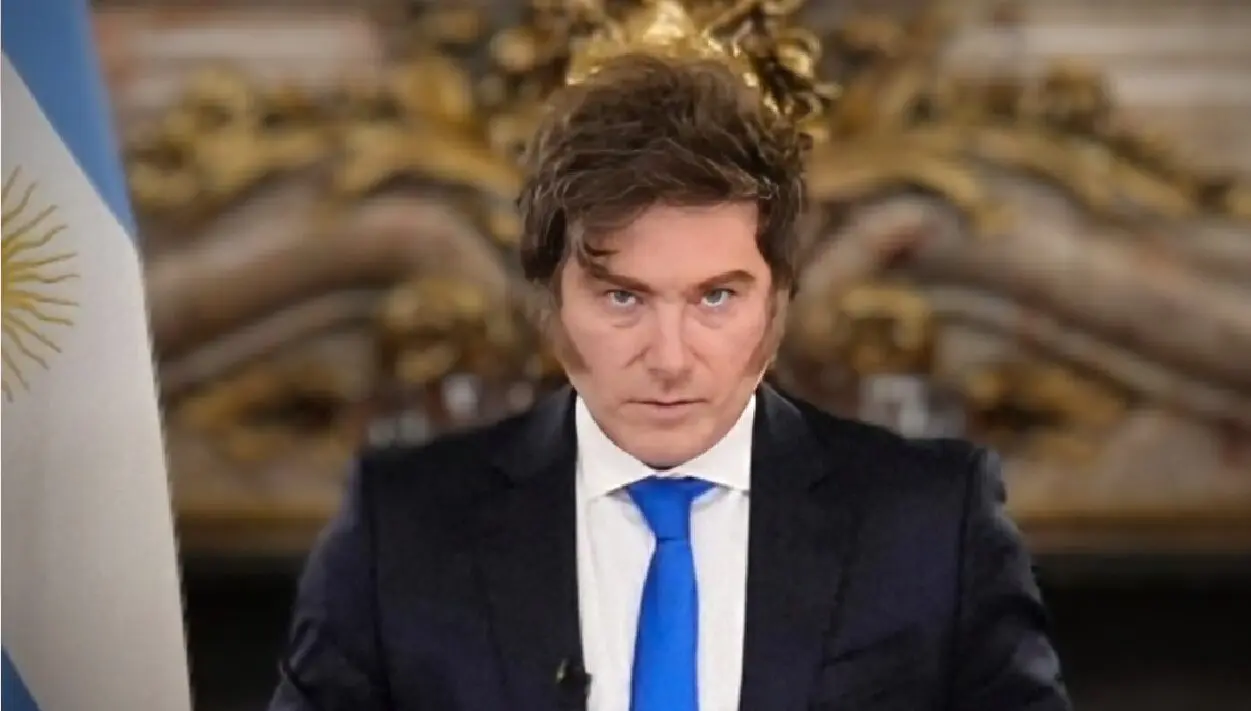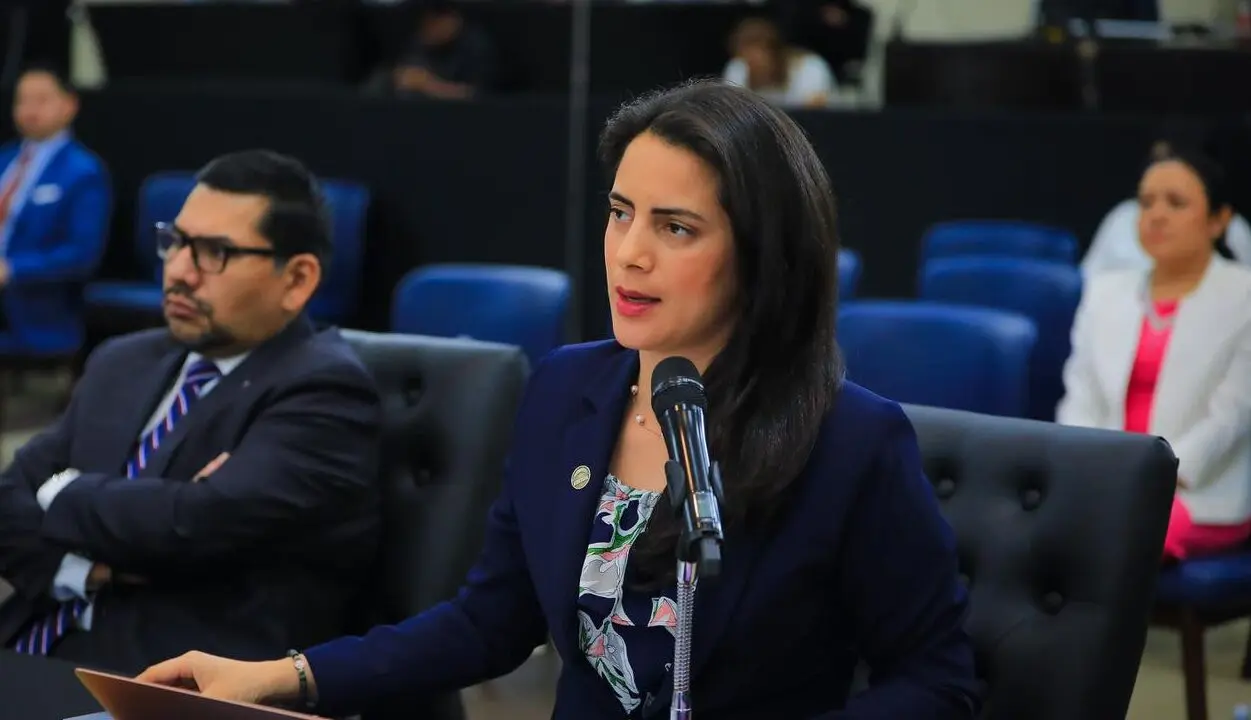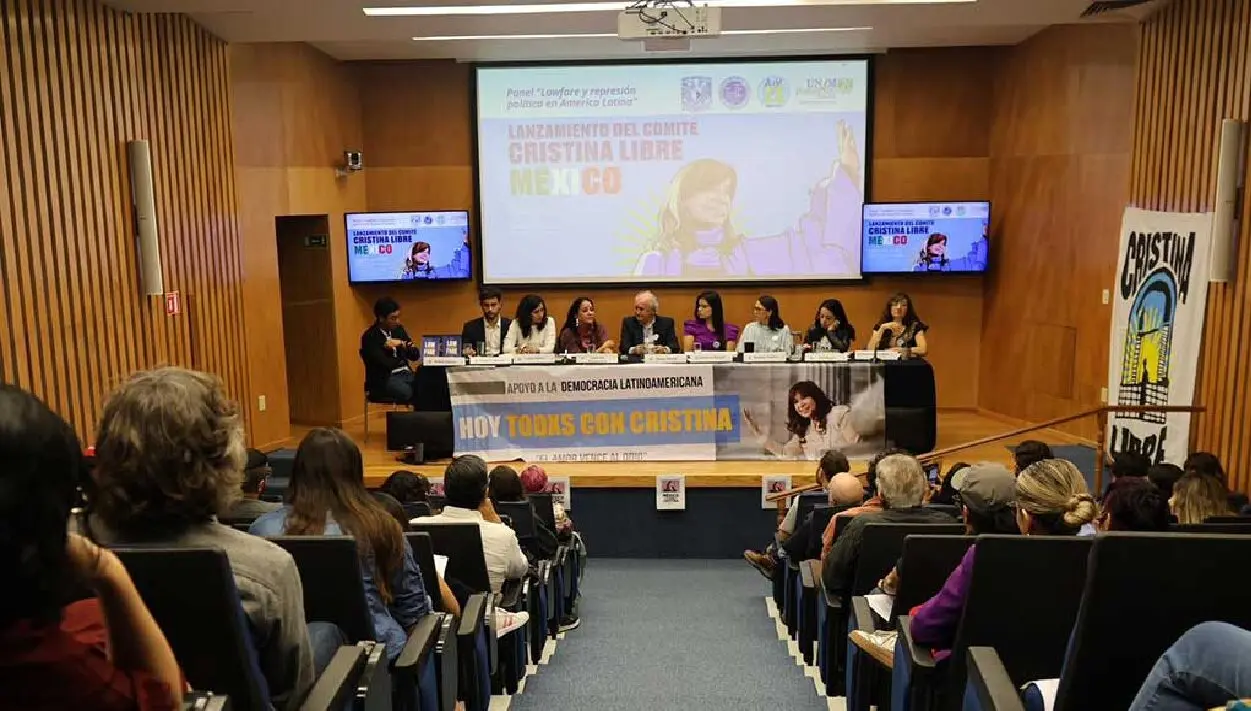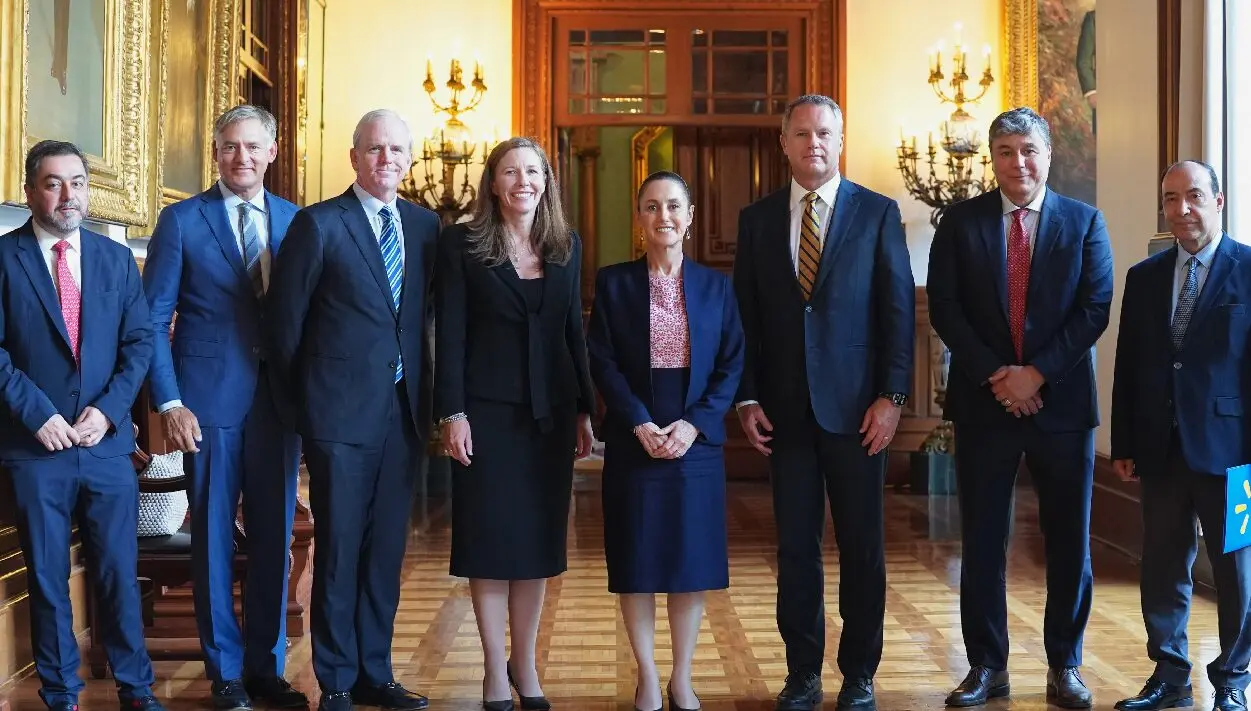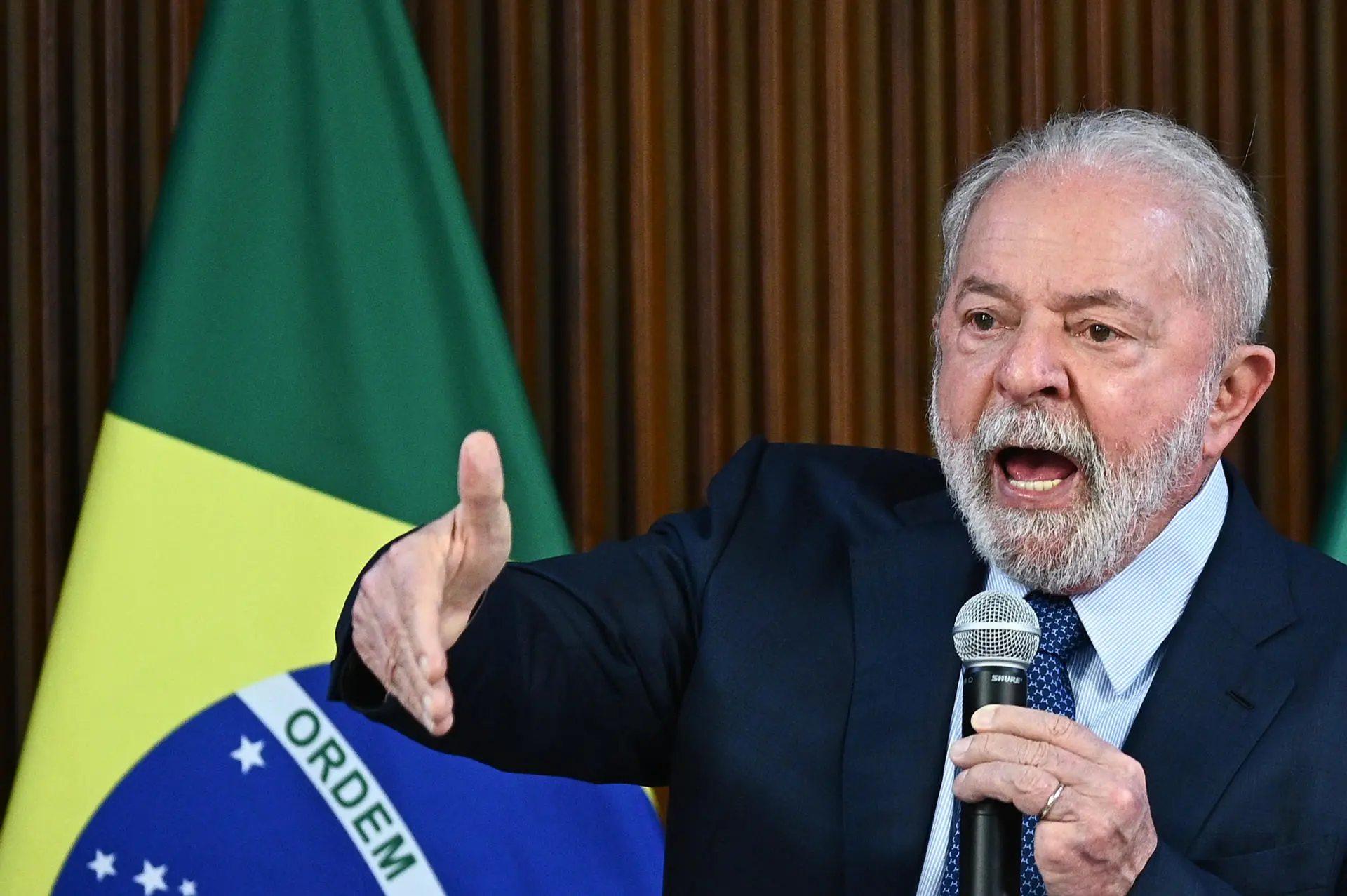Venezuela Rejects U.S. Bounty on Maduro, Denounces “Crude Political Propaganda”
Venezuela has condemned the U.S. government’s \$50 million bounty on President Maduro, calling it a politically motivated attack devoid of legal or moral basis.
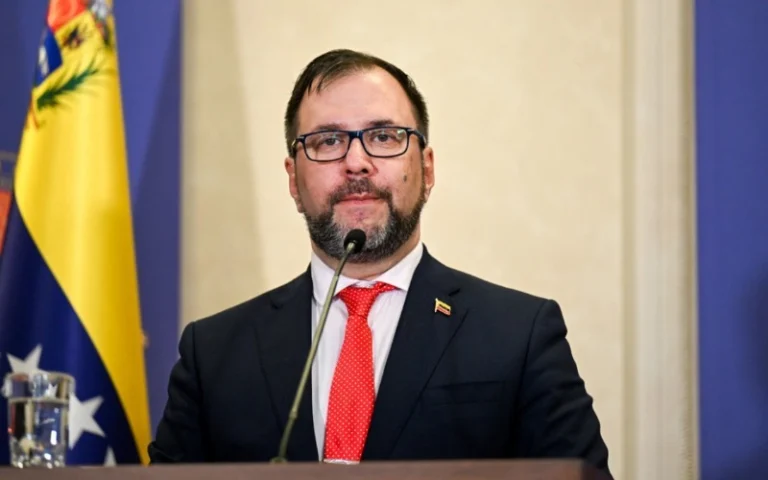
Venezuelan Foreign Minister Yván Gil condemned the U.S. bounty as an illegitimate act of political hostility. Photo: @noticierovv
August 8, 2025 Hour: 5:35 am
The Venezuelan government has rejected a \$50 million reward announced by U.S. authorities for information leading to the arrest of President Nicolás Maduro, calling the measure a politically motivated maneuver that lacks both legal and moral legitimacy.
RELATED:
Venezuela Thwarts Terror Plot in Caracas, Arrests 13 Suspects Including Foreign Operatives
On Thursday, Venezuelan Foreign Minister Yván Gil issued a statement condemning the offer, which was made public by U.S. Attorney General Pamela Bondi. Gil described the initiative as “the most ridiculous smokescreen we have seen,” accusing the United States of using media spectacle to divert attention from its internal problems.
“The pathetic ‘reward’ by Pamela Bondi is the most ridiculous smokescreen we have seen,” Gil stated via Telegram, attributing the measure to right-wing political interests in both the U.S. and Venezuela. “The dignity of our homeland is not for sale. We repudiate this crude political propaganda operation,” he added.
The U.S. government has accused Maduro of involvement in drug trafficking and terrorism since 2020, during the first administration of Donald Trump. At that time, a reward of \$15 million was announced. It was later raised to \$25 million in early 2025, and has now been doubled to \$50 million.
Announcing the increase, Bondi called the reward “historic” and referred to Maduro as “one of the world’s biggest drug traffickers” and a national security threat to the United States.
According to a statement from the White House, Maduro is alleged to have used foreign terrorist organizations and drug cartels—including Venezuela’s dismantled Tren de Aragua, as well as the Sinaloa and Los Soles cartels—to facilitate the trafficking of narcotics and the spread of violence into U.S. territory.
Venezuela’s response signals ongoing resistance to foreign pressure and interventions framed as law enforcement. The rejection of the U.S. bounty reinforces Caracas’s position that such actions constitute political aggression under the guise of justice.
Author: MK
Source: HispanTV


